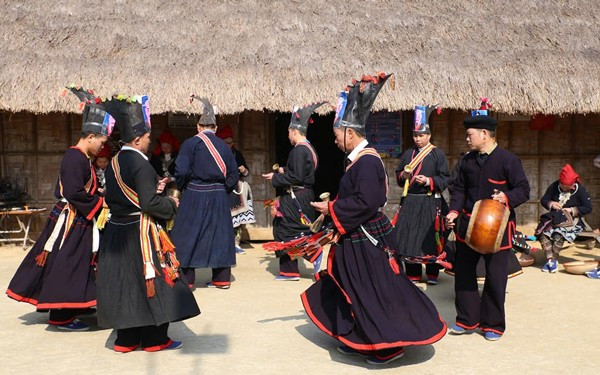
Never before has the story of selecting cultural cadres been as important as it is now - the time when the country enters the largest administrative unit arrangement and provincial merger since 1975. Not just a simple geographical separation and merger, this is a process of restructuring development thinking, reshaping the organizational model and affirming the identity of each locality in a unified picture. And culture, as the spiritual foundation of the nation, is the field with the mission of keeping each piece of land and each community from being "dissolved" or "anonymous" in the flow of change.
"Keeper of community memory"
When an administrative map is redrawn, not only are geographical boundaries changed, but also the fragile borders of memory, identity, and sacred things in the community's consciousness are shaken. The merger of provinces, districts, and communes is not simply an event of the state apparatus - it is a restructuring of perceptions and deep emotions in the hearts of each citizen. That is when a commune name that has been called for hundreds of years is replaced with a new name; when traditional relics and festivals can be reconsidered because "it is no longer in the right management area"...
Old villages merged with new communes, district capitals were moved to other communes - and along with these administrative decisions, cultural institutions that were once pillars of community life gradually faded away. Cultural houses merged; the small museum of the old district closed pending transfer; traditional festivals were interrupted because it was unclear who would "decentralize management" to them, and who would manage the heritage title. All of these things created a silent loss, difficult to name, but enough to make many people feel that they no longer belonged to the place they were once attached to.
In every sound of the communal house drum that no longer resonates, every village festival that is no longer held, every historical story that no longer has a teller, a cultural source is broken. Values that are not passed on will gradually be forgotten. Memories that are not preserved will be replaced by a spiritual void. A community that no longer knows where it came from, who it was, will find it difficult to shape a clear future. That is the greatest risk that the administrative arrangement process, without a cultural perspective, can leave behind.
It is in these moments that the role of cultural cadres becomes vital. They are not simply in charge of mass art activities or relic management - they are "keepers of community memory", "gatekeepers of the nation's soul", and bridges between the past and the future in a period of tumultuous change.
But to carry out that mission, cultural officials cannot only work according to terms of office, according to administrative orders, according to statistical forms. They cannot be people who only know how to organize periodic cultural activities or "finish the annual plan". They must be people with cultural depth, love for the community, empathy for history and the ability to see what others do not see. They must have hearts wide enough to embrace diverse identities, and hearts passionate enough to lead the community into a new future without losing their roots.
It is not just a job - it is a commitment. And that commitment needs to be protected, nurtured, empowered and honored. Don't let those who preserve the soul of the village be left out of meetings to rearrange the apparatus. Don't let them become "outsiders" in the very decisions to change the locality they have been attached to all their lives. And don't let them be silent, quietly witnessing the cultural values being lost when they should be the ones speaking up, the ones preserving, the ones opening up.
An administrative reform cannot be complete if it only focuses on arranging headquarters, allocating staff and demarcating boundaries. It is only truly meaningful when accompanied by efforts to preserve culture, ensuring that each land, even if renamed, does not lose its soul, each community, even if merged, does not lose its memory. And the people who can do that - no one else, are the team of cultural cadres, the "keepers of the country's memories".
The vision is to choose people who can "shoulder the soft mission"
In the current administrative mechanism - which often prioritizes areas that are easy to measure by numbers such as economy , investment, finance - culture is easily considered secondary, and is labeled as a "soft field". But because it is a "soft field", it has a lasting power, permeating and deeply influencing the development mindset of a land, a community, a nation. As General Secretary To Lam affirmed: "To develop, to make a breakthrough, we cannot only reform institutions, change organizational models, but more importantly, we must change thinking - leadership thinking, management thinking, thinking about using people - especially in areas that affect the soul and the core of the nation such as culture".
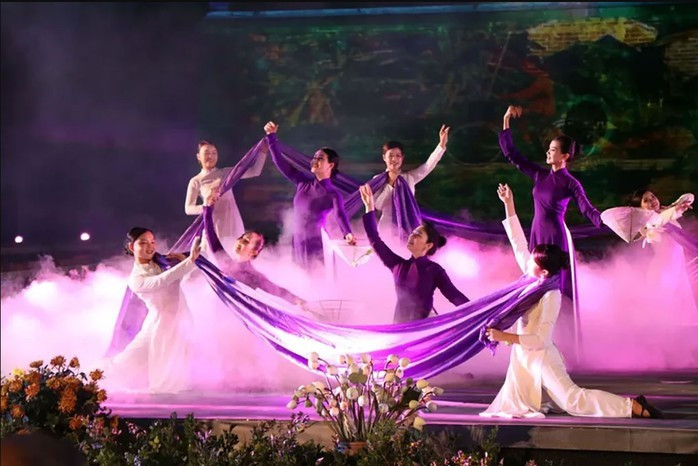
Cultural officials in the restructuring period are not only "policy implementers" but also "value co-creators". They need to have proactive thinking, open vision, good community communication skills and above all, a deep love for local identity. They do not do culture just to have "products" or "data", but to inspire pride, to strengthen identity, to preserve the soul of their homeland - even though that homeland now has a new name.
But to select such people, it is impossible to rely solely on civil servant records, years of service, or even good degrees. There must be a deeper, more far-reaching look - looking at personality, commitment, and the ability to "light the fire of culture" in environments where many others only see the rigidity of the mechanism. There must be an open selection mechanism, flexible evaluation, timely honor, and creating conditions for promoting real capacity. As General Secretary To Lam has clearly directed: "We must "renew thinking, perfect mechanisms and policies to discover, attract, and promote talents, especially in key strategic sectors and fields". In which, culture - as the soft infrastructure for sustainable development - needs to be established as a true strategic position, and cannot forever be the "last addition" in the organizational structure.
Protect and encourage those who dare to think and dare to do
In fact, many grassroots cultural cadres have had very commendable initiatives. Some have taken it upon themselves to organize the compilation of local history based on the new boundaries, trying to incorporate the stories of the newly merged communities to form a common identity without obscuring their own. Some have proactively proposed to retain the name of the ancient village as a cultural symbol on new streets and neighborhoods - so that the old name does not disappear from people's minds.
Some officials have even boldly proposed the establishment of inter-regional cultural centers - places that not only display artifacts but also serve as spaces for storytelling, performance, learning and connecting heritage between regions that used to be separate district capitals. Some localities have thus turned lands that seemed to be about to be forgotten into new cultural tourism brands, attracting visitors with the very identity that was once considered "old".
However, many of them also encounter invisible barriers - barriers of rigid administrative thinking, of complex processes, of wary eyes. Those community-oriented initiatives are sometimes shelved, delayed or even dismissed for fear of "crossing the line", because they are not within the "annual plan". Some people, despite their enthusiasm, eventually choose silence or leave the industry because they feel there is no more room for creativity or contribution.
Therefore, when General Secretary To Lam affirmed: "Encourage and protect dynamic, creative cadres who dare to think, dare to do, dare to take shared responsibility", it was not just a spiritual encouragement. It was a political command, a protective orientation for those who are maintaining the soft vitality of the country in the process of rebuilding the apparatus.
We need a specific evaluation mechanism for cultural officials - it cannot be based solely on the number of events organized or the number of documents signed and issued. Cultural values cannot be measured by administrative indicators. It must be measured by the revival of a festival, by the pride in the eyes of the people when they see their culture being respected, by the ability to rekindle community spirit in places that seemed to have fallen into disrepair after the merger.
There is also a need for a clear career development roadmap for cultural staff - they cannot be left behind forever, "supporting other sectors". There needs to be special allowances, reasonable remuneration policies, and post-merger retraining programs so that they do not feel lost and disoriented in the new apparatus. And most importantly, there needs to be a mechanism to protect cultural initiatives - do not let genuine creativity be stifled just because of the fear of procedural errors.
A historic choice
The selection of cultural cadres during the period of merging and restructuring administrative units is not simply a personnel decision or a step in the process of organizing the apparatus. It is truly a "cultural selection exam" of historical significance - a selection of people to shoulder the mission of preserving the national soul during a period when the country is strongly moving towards innovation, modernization, and integration.
In this whirlwind of restructuring, the cultural officer - seemingly small - is the one who holds the key to sustainability. Choosing a cultural officer is not just to sign documents, organize movement activities or launch competitions, but to choose a person who knows how to tell stories - to tell the story of the land, of the people, of the heritage; to choose a person who knows how to listen - to listen to the echoes of ancestors and the silent voices in the hearts of the people; to choose a person who knows how to evoke - to rekindle local pride, to light up the will of the community, to connect people who used to belong to different administrative spaces with the invisible but strong thread of culture. That officer, if chosen correctly, will be a "soft but resilient support" for an entire land in transformation.
We cannot enter the future with a team of backward, passive cultural cadres who work in a rut, lacking emotion and depth. We also cannot give cultural trust to those who lack commitment, who only consider cultural work as an administrative stepping stone, a "mandatory structure" rather than a passion or an ideal of life. A nation that wants to be strong cannot be weak at the spiritual level. A community that wants to be sustainable cannot be broken in its cultural flow. Therefore, choosing cultural cadres today is a fundamental act - a choice that will shape the face of Vietnamese culture in the coming decades.
The keeper of the nation's source amidst the currents of reform
Every time the country enters a reform period like the current one, the biggest question is not just "how will the new administrative unit operate", but "will the cultural soul of each countryside and each community remain intact?".
The answer will lie in those chosen to shoulder the cultural responsibility - the silent but powerful cadres who preserve the soul of a land. If we choose the right people - people who are sincere, talented, and truly devoted to the cultural heritage of their homeland - then even in the great waves of reform, the most fragile things can be preserved. A festival drum beat, a lullaby, a custom of worshipping the village's tutelary god - all can continue to resonate in people's hearts, can continue to nurture the belief that, even if the commune name changes, even if the administrative boundaries change, the "soul of the land, the soul of the people" will still be there, intact and pure.
But if we choose wrongly - if cultural officials are just "structured" people, people who do things for the sake of it, people who do not understand culture and do not care about culture - then they will be the ones who unintentionally or intentionally pave the way for the fading of community memory. An ancient communal house is forgotten, a thousand-year-old festival is no longer held, a family has no one to continue the traditional profession - all start from indifference, from choosing the wrong person.
Therefore, choosing a cultural officer today is not just a step in the plan to streamline the payroll, nor can it be a formal decision, "assign to anyone". It must be a thoughtful and responsible choice - a choice that demonstrates the political mettle, strategic vision and humanistic depth of the entire political system. Choosing a cultural officer is choosing someone who plants roots for the future. Culture is not the flower that blooms at the top of development - culture is the soil that nourishes the flower. And a cultural officer - if qualified and dedicated enough - is the one who takes care of the land, preserves the water, and protects the source so that the nation does not dry up in the wind and sand of integration, modernization and restructuring.
Amidst the reform plans and merger meetings, let us not forget the core: that culture is what keeps people attached to this land, helps the community overcome administrative shocks, and helps the nation shape its identity in a world that is increasingly globalizing. And to do that, we need to entrust responsibility to worthy people - people who not only work as cultural officials, but also live as part of the culture.
Sowing the future from cultural seeds – that is not a slogan, but a noble political action, the most vivid expression of a nation that understands itself, its path, and its own value on the journey to reach out to the world.
According to BUI HOAI SON (NLDO)
Source: https://baogialai.com.vn/lua-chon-can-bo-van-hoa-trong-giai-doan-sap-nhap-trach-nhiem-va-su-menh-post326135.html














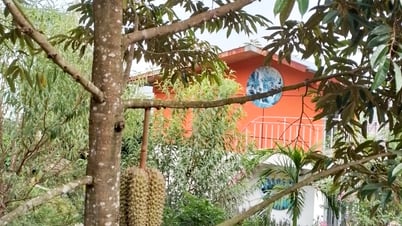
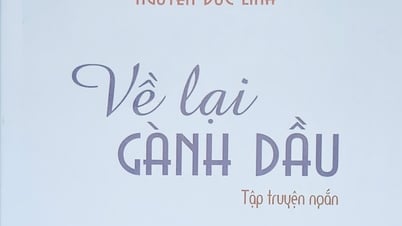





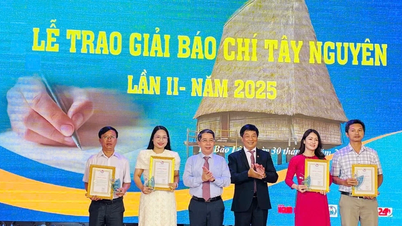
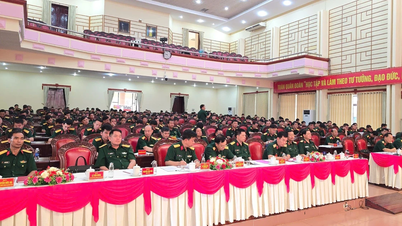
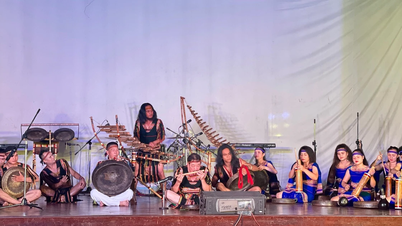
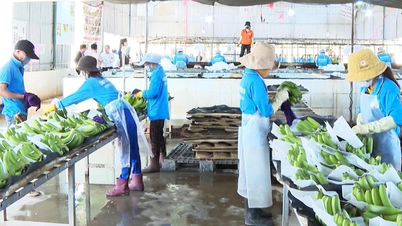
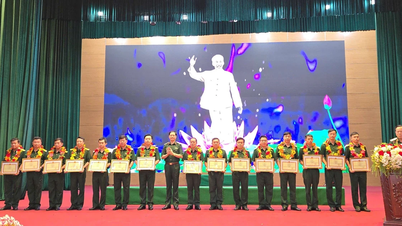
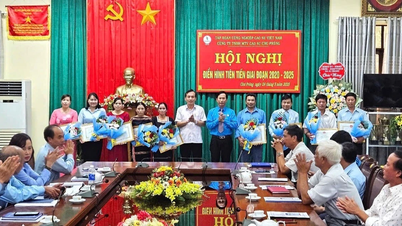








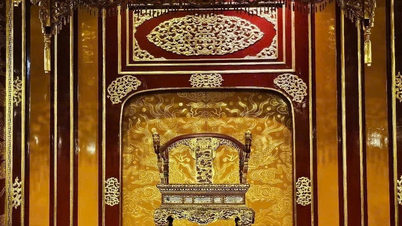

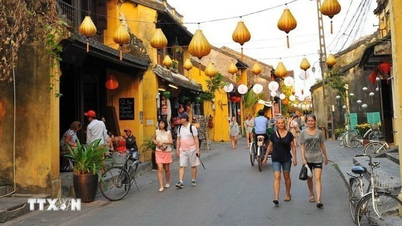













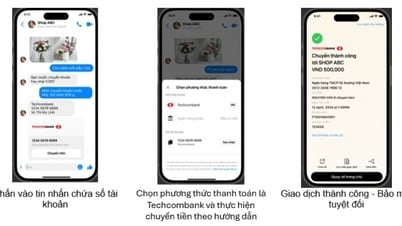



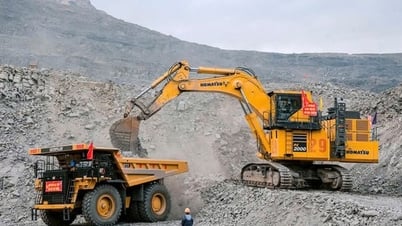





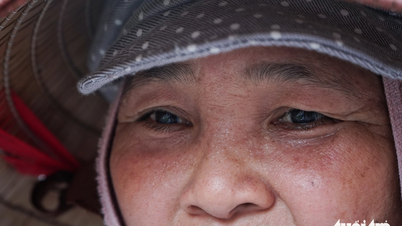
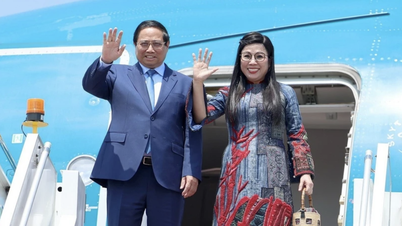
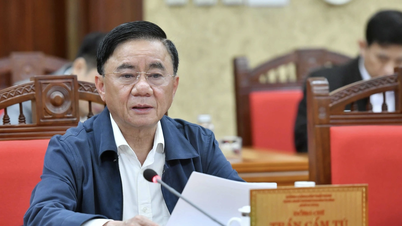


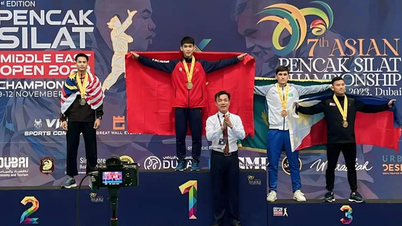

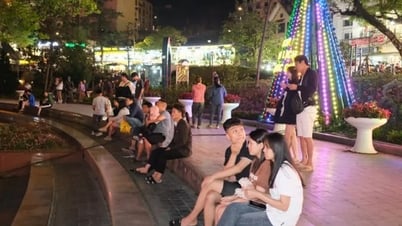
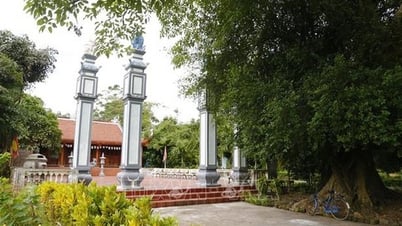

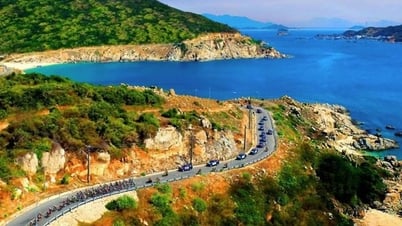
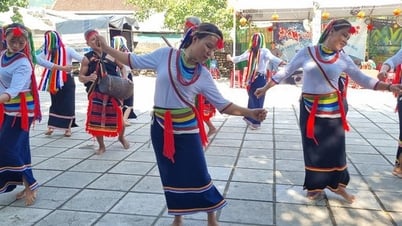


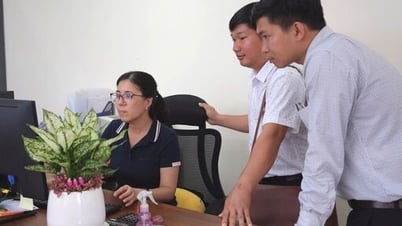

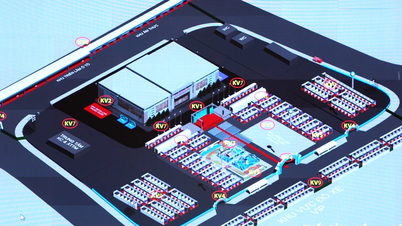

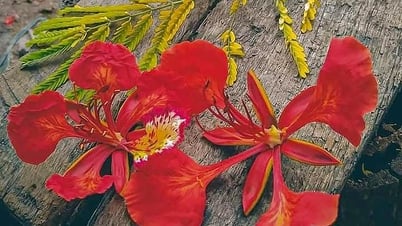



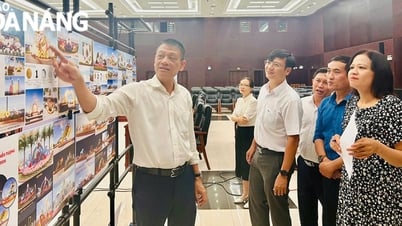











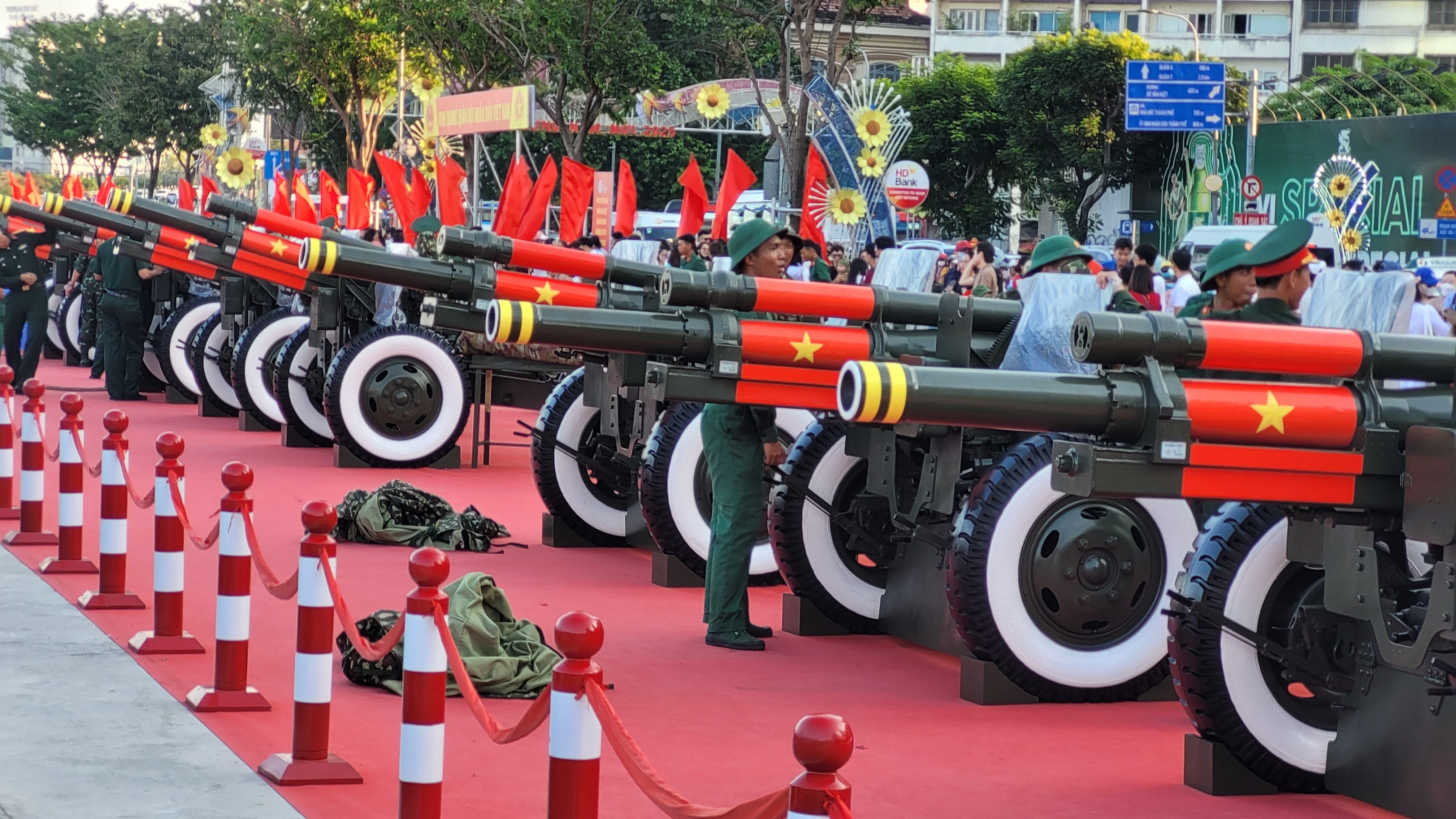
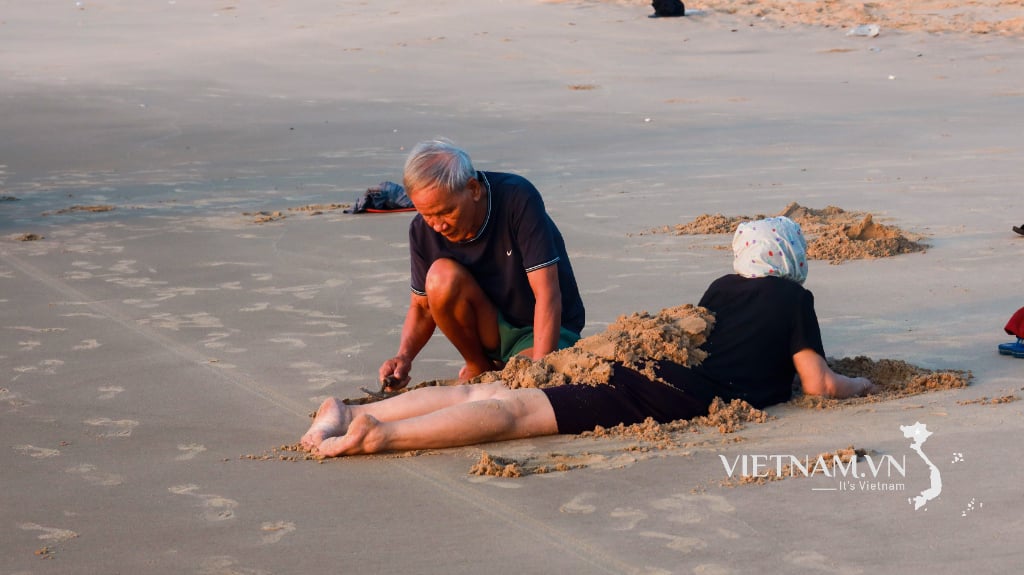
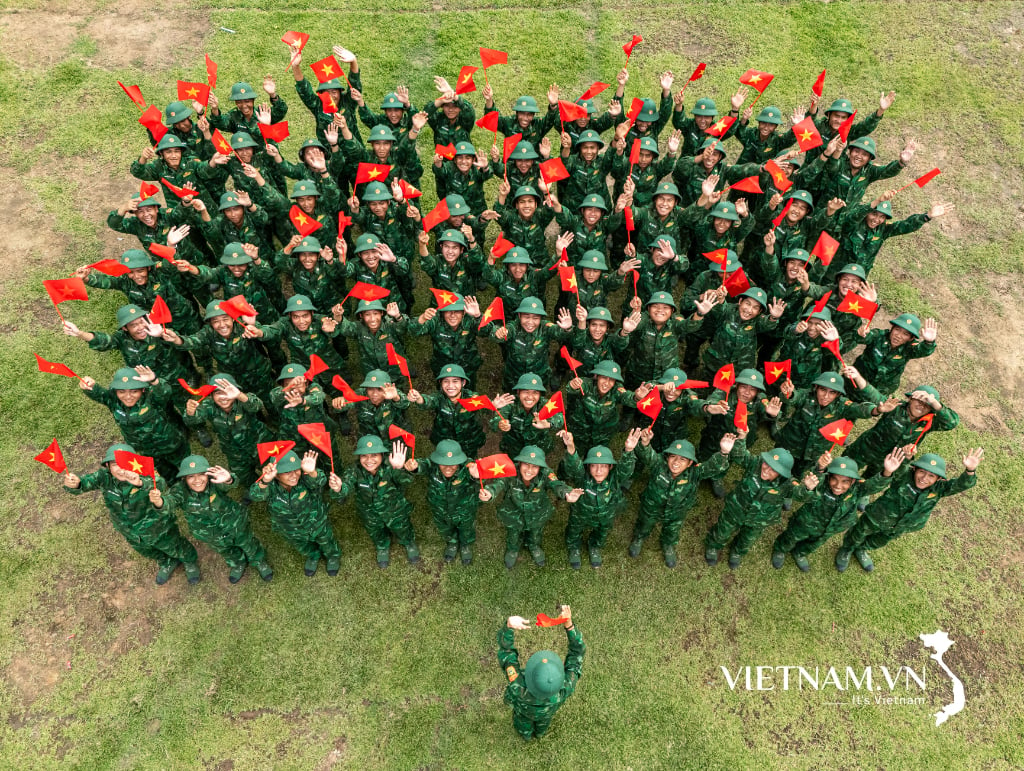
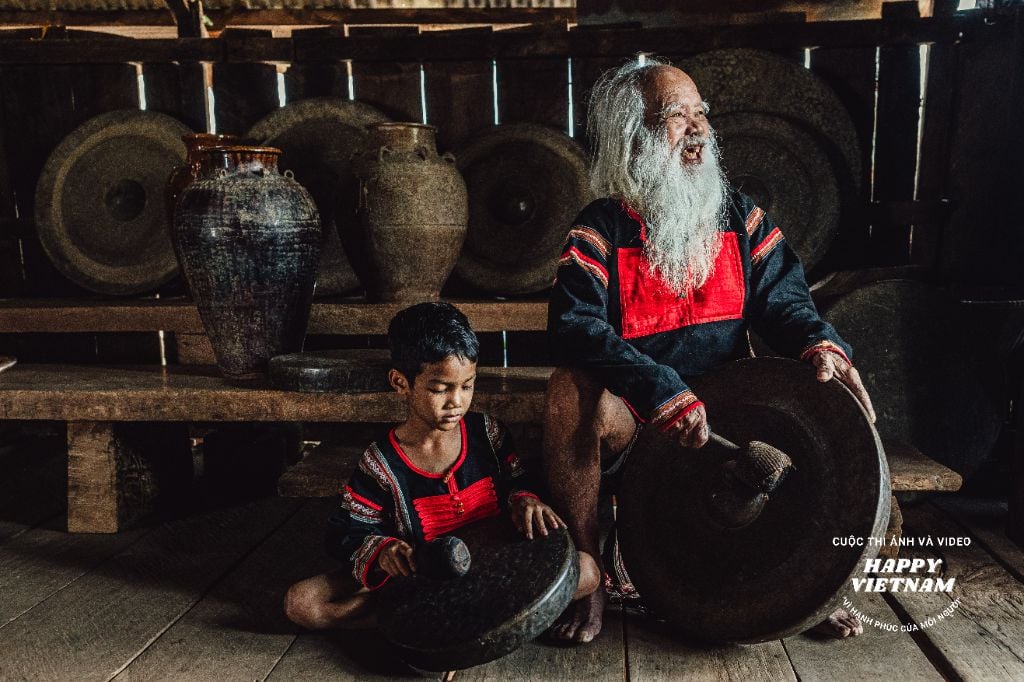
Comment (0)